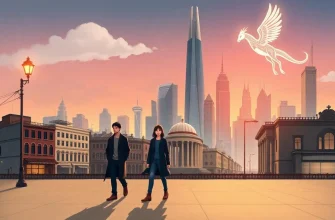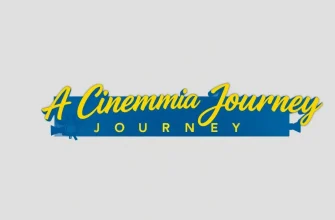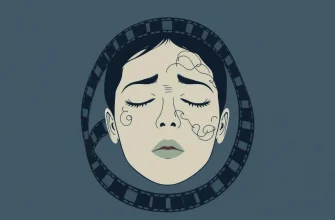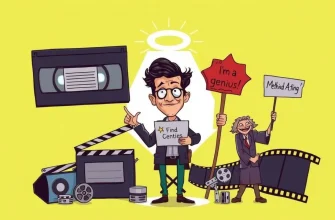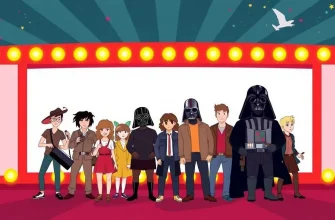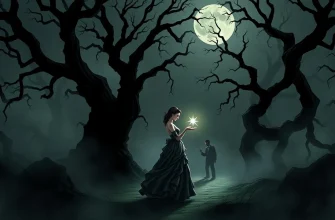Dystopian films offer a chilling glimpse into possible futures where society has gone awry. These movies not only entertain but also provoke thought, challenge our perceptions of reality, and often serve as cautionary tales about the paths we might take. Here's a selection of 10 from the top 30 dystopian films that have left an indelible mark on cinema, each exploring themes of control, rebellion, and the human spirit's resilience.

A Clockwork Orange (1971)
Description: This film delves into the themes of free will and the nature of violence through the story of a young delinquent who undergoes experimental aversion therapy.
Fact: Stanley Kubrick withdrew the film from UK cinemas due to copycat violence. The film's use of Beethoven's music is iconic.
 Watch Now
Watch Now 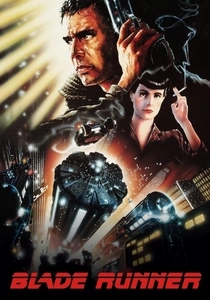
Blade Runner (1982)
Description: Set in a future where synthetic humans are bioengineered by the powerful Tyrell Corporation, this film explores themes of identity, humanity, and what it means to be alive.
Fact: The film was initially a box office disappointment but has since become a cult classic. Ridley Scott's director's cut was released in 1992, altering the film's ending.
 Watch Now
Watch Now 
Brazil (1985)
Description: A surreal, darkly comedic take on a dystopian future where bureaucracy reigns supreme, and one man's quest for love and freedom leads to chaos.
Fact: Terry Gilliam's vision clashed with Universal Studios, leading to multiple edits. The film's ending was changed for the US release.
 Watch Now
Watch Now 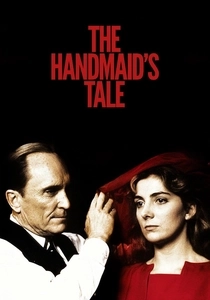
The Handmaid's Tale (1990)
Description: In a theocratic dystopia, fertile women are forced into sexual servitude to repopulate a society where most women are infertile.
Fact: The film was adapted from Margaret Atwood's novel. It was later adapted into a critically acclaimed TV series.
 Watch Now
Watch Now 
The Matrix (1999)
Description: This film redefined the genre with its groundbreaking special effects and philosophical questions about reality. It's about a hacker who discovers the truth about his world and his role in a rebellion against its controllers.
Fact: The Wachowskis wrote the script in just 30 days. The film's "bullet time" effect was a major innovation in visual effects.
 Watch Now
Watch Now 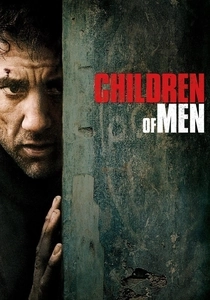
Children of Men (2006)
Description: In a world where humans can no longer procreate, a former activist must help transport a miraculously pregnant woman to safety, amidst a backdrop of societal collapse.
Fact: The film was shot in a documentary style to enhance its realism. It features a single-take scene that lasts over six minutes, showcasing the chaos of a war-torn future.
 Watch Now
Watch Now 
Equilibrium (2002)
Description: In a future where emotions are outlawed, a law enforcement officer begins to question the regime after missing his daily dose of emotion-suppressing drugs.
Fact: The film was inspired by "Fahrenheit 451" and "
 Watch Now
Watch Now 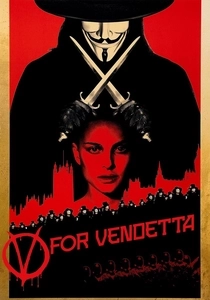
V for Vendetta (2005)
Description: A masked vigilante known only as "V" uses terrorist tactics to fight against a totalitarian government in a dystopian future Britain.
Fact: The film was adapted from Alan Moore's graphic novel. The Guy Fawkes mask has since become a symbol of protest worldwide.
 Watch Now
Watch Now 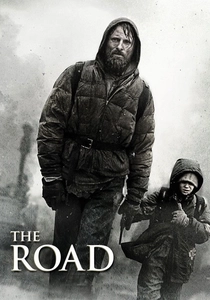
The Road (2009)
Description: A father and son journey through a post-apocalyptic world where civilization has collapsed, facing starvation, cannibals, and the harsh elements.
Fact: The film was adapted from Cormac McCarthy's Pulitzer Prize-winning novel. Viggo Mortensen lost significant weight for his role to portray the character's starvation realistically.
 Watch Now
Watch Now 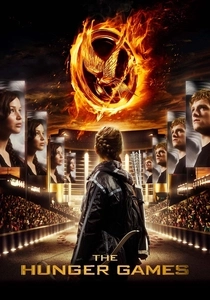
The Hunger Games (2012)
Description: In a post-apocalyptic world, the Capitol forces each of its twelve districts to send one boy and one girl to fight to the death in an annual event known as the Hunger Games.
Fact: The film was a massive commercial success, spawning a franchise. Jennifer Lawrence's performance as Katniss Everdeen was widely praised.
 Watch Now
Watch Now 


